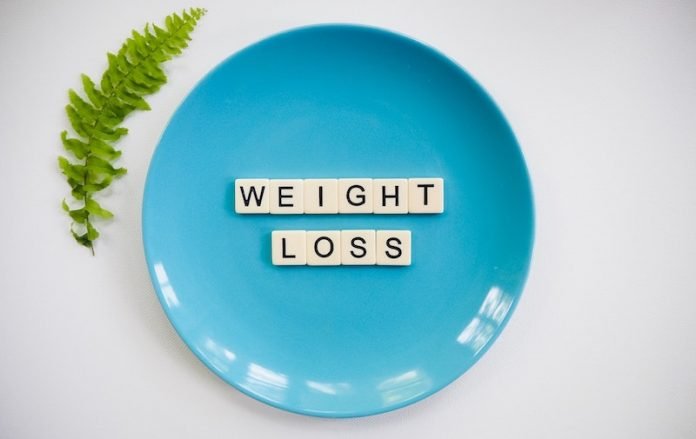
When it comes to weight loss, many of us have dabbled in the latest diets.
But whether you’re cutting carbs or keeping to keto, a new study shows that diet trends can cost more than your waistline and leave a hefty hole in your hip pocket.
In the new study from the University of South Australia, researchers evaluated the affordability of popular diets, comparing them to the recommendations within the Australian Guide to Health Eating (AGHE), and the Mediterranean Diet.
They found that the costs of cutting your calories can vary by up to $300 per week.
They found that the most cost-effective diet was modeled from the AGHE and adapted for weight loss through calorie restriction.
This meal plan included all five core food groups and a range of affordable staple items such as bread, pasta, and legumes, as well as lower amounts of animal products.
The diet plans that were most expensive typically restricted multiple food groups and included premium products such as organic produce, protein supplements, low-carbohydrate replacements, and high protein bread.
The team found that weekly grocery shopping of entire product units costs between $345–$625, which is substantially higher than more than what the average Australian spends on groceries each week.
The team says understanding the costs of weight loss programs is important, especially when people are facing financial struggles and reduced access to fresh produce amid COVID-19 and current floods.
Understanding the costs behind the range of diets on offer is important as the financial feasibility of sticking to these programs may be questionable for certain people, including low-income earners.
In addition to costs, the team says nutrition is also key to starting a new diet.
It doesn’t matter whether you chose keto or carb-free, weight loss is always linked to calorie intake—if you reduce the number of calories you consume, you will lose weight.
Some diets purposely restrict certain food groups—such as bread and pasta—to help change unhealthy habits.
But it’s also important to realize that the restrictive patterns of some diets can create unhealthy links with food and put you at risk of nutritional deficiency if followed without guidance from a qualified nutritionist or dietitian.
If you care about weight loss, please read studies about exercise that has unique benefits for weight loss, and findings of alternating diets to boost weight loss.
For more information about weight loss and your health, please see recent studies about common tea that may help you lose weight while sleeping, and results showing this obesity drug can help both younger and older people lose weight.
The study is published in BMC Public Health and was conducted by Associate Professor Karen Murphy et al.
Copyright © 2022 Knowridge Science Report. All rights reserved.



